News
Is Tesla Motors disruptive or disturbing?
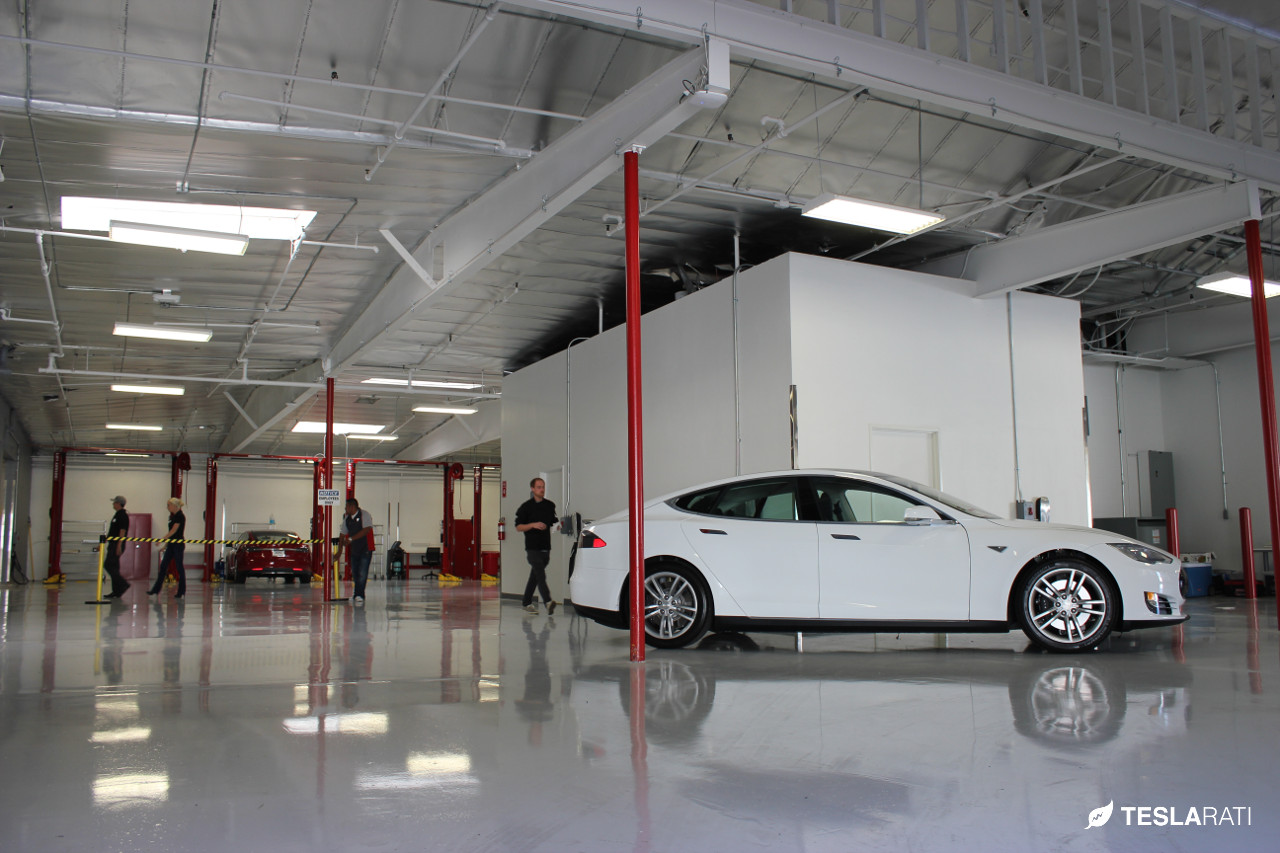
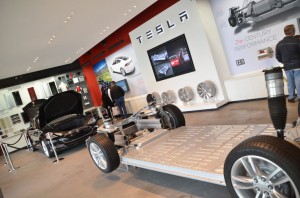 Tesla Motors stands out in many ways, leaving many wondering how disruptive is it and how disturbing it is for corporations. One thing is for certain, Tesla reflects a need in society, that of a deep fundamental change. The problem is, are giant corporations ready for this change and can they adapt?
Tesla Motors stands out in many ways, leaving many wondering how disruptive is it and how disturbing it is for corporations. One thing is for certain, Tesla reflects a need in society, that of a deep fundamental change. The problem is, are giant corporations ready for this change and can they adapt?
To disrupt, or not, that is not longer the questions.
Tesla Motors disrupts and irritates the way corporations operate. Elon Musk and Martin Eberhard didn’t invent the wheel, they both used what entrepreneurs are best at, that of asking what is needed. They wanted a cool and fun car that didn’t use dirty polluting petroleum. They went to see what AC Propulsion was working on with their incredible t-zero, the grandfather of the Roadster and the Tesla Roadster born soon after.
Tesla Motors didn’t reinvent the wheel, but disrupted the automotive world by using old and tested technologies, an electric motor and off the shelf batteries. On the flip side, automakers build vehicles with planned obsolescence and constant maintenance, which perpetuate a thriving cash flow through after market and distribution. Tesla introduced an electric car that required close to no maintenance, sold directly to buyers who choose to buy it or not. That was the disruptive part, now let’s look at the disturbing part for automakers.
Steady as she goes down the drain.
We often fault carmakers for everything wrong in the automotive industry, but their worn out business model that won’t adapt to our fast changing needs is really what is wrong. The biggest mistake they made was to over-rely on the market it created in the first place. It simply didn’t see the electric car technology progressing faster than their gasoline one and doubted this new market was ready. They simply didn’t understand people want a real fundamental change, which means taking a step back from bottom line profits.
The Tesla Motors business model frightens established companies because it operates outside their reality and shifts the emphasis back to the consumer. We can debate how much hype there is around a Roadster and a Model S, but fundamentally, one either buys cars because of its superior performance over a gasoline car, or because of the freedom of energy use, with its convenience and reliability and finally, or because it just darn changes things a lot.
Now flash back to the post 2008 era, when the financial world was partying as if there were no tomorrow and carmakers sued any states imposing better fuel economy. Carmakers perpetuated the belief we wanted cars with more cup holders than we truly needed, and favored creature comforts over performance and evolution. The advent of the electric wrestled that grip on the lulled market away from them, the way only a silicon valley startup could with its different business model.
Who’s disturbing now?
So, who’s disturbing now? When we look back in time, almost all big corporations were at one point disruptive. AT&T gave us Unix, Microsoft gave us the potential of the personal computer, but we certainly can’t call them disruptive anymore. They are disturbing in the fact they no longer innovate, but stubbornly pursue a path of pure profitability. Unfortunately, Apple is also following the same trend. The company once famous for stellar customer service and extremely well made computers is now more focused on profits than innovations. It’s Apple store is no longer fun to visit, and manufacturing problems are happening often.
It doesn’t take much extrapolation to see that one day too, Tesla Motors will be in the same situation. Are there exceptions? Certainly IBM made the right change. After decades of focusing on manufacturing, it made the boldest move to go back to consulting. Look at where IBM is now, and compare it to other personal computer makers. So what can companies learn from newer players and what can newer players learn from older companies having come full circle?

Cybertruck
Tesla confirms date when new Cybertruck trim will go up in price
Tesla has officially revealed that this price will only be available until February 28, as the company has placed a banner atop the Design Configurator on its website reflecting this.
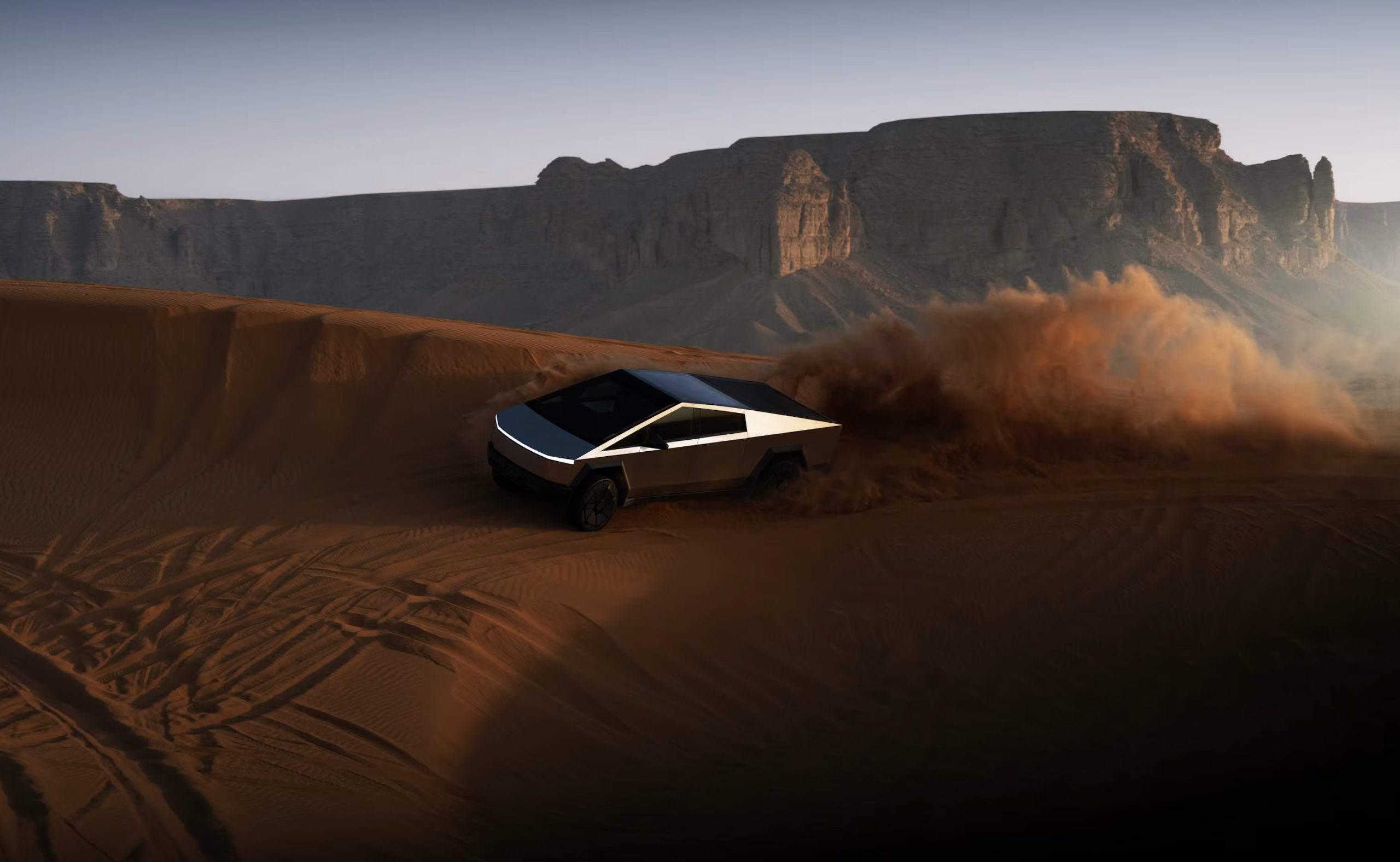
Tesla has confirmed the date when its newest Cybertruck trim level will increase in price, after CEO Elon Musk noted that the All-Wheel-Drive configuration of the all-electric pickup would only be priced at its near-bargain level for ten days.
Last week, Tesla launched the All-Wheel-Drive configuration of the Cybertruck. Priced at $59,990, the Cybertruck featured many excellent features and has seemingly brought some demand to the pickup, which has been underwhelming in terms of sales figures over the past couple of years.
Tesla launches new Cybertruck trim with more features than ever for a low price
When Tesla launched it, many fans and current owners mulled the possibility of ordering it. However, Musk came out and said just hours after launching the pickup that Tesla would only keep it at the $59,990 price level for ten days.
What it would be priced at subsequently was totally dependent on how much demand Tesla felt for the new trim level, which is labeled as a “Dual Motor All-Wheel-Drive” configuration.
Tesla has officially revealed that this price will only be available until February 28, as the company has placed a banner atop the Design Configurator on its website reflecting this:
NEWS: Tesla has officially announced that the price of the new Cybertruck Dual-Motor AWD will be increasing after February 28th. pic.twitter.com/vZpA521ZwC
— Sawyer Merritt (@SawyerMerritt) February 24, 2026
Many fans and owners have criticized Tesla’s decision to unveil a trim this way, and then price it at something, only to change that price a few days later based on how well it sells.
Awful way to treat customers – particularly when they already sent out a marketing email announcing the $59,990 truck…with zero mention of it being a limited-time offer.
— Ryan McCaffrey (@DMC_Ryan) February 24, 2026
It seems the most ideal increase in price would be somewhere between $5,000 and $10,000, but it truly depends on how many orders Tesla sees for this new trim level. The next step up in configuration is the Premium All-Wheel-Drive, which is priced at $79,990.
The difference between the Dual Motor AWD Cybertruck and the Premium AWD configuration comes down to towing, interior quality, and general features. The base package is only capable of towing up to 7,500 pounds, while the Premium can handle 11,000 pounds. Additionally, the seats in the Premium build are Vegan Leather, while the base trim gets the textile seats.
It also has only 7 speakers compared to the 15 that the Premium trim has. Additionally, the base model does not have an adjustable ride height, although it does have a coil spring with an adaptive damping suspension package.
Cybertruck
Tesla set to activate long-awaited Cybertruck feature
Tesla will officially activate the Active Noise Cancellation (ANC) feature on Cybertruck soon, as the company has officially added the feature to its list of features by trim on its website.
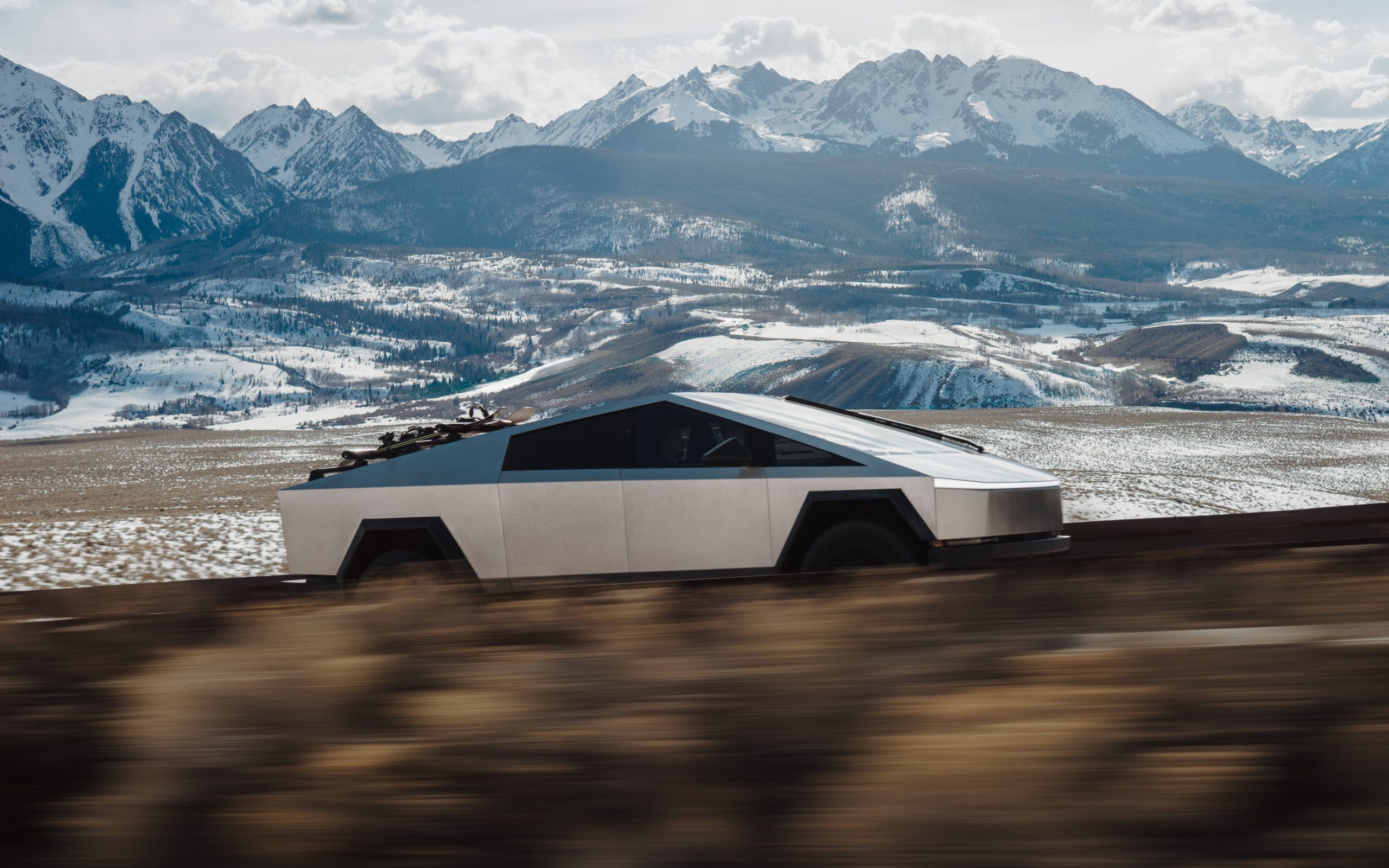
Tesla is set to activate a long-awaited Cybertruck feature, and no matter when you bought your all-electric pickup, it has the hardware capable of achieving what it is designed to do.
Tesla simply has to flip the switch, and it plans to do so in the near future.
Tesla will officially activate the Active Noise Cancellation (ANC) feature on Cybertruck soon, according to Not a Tesla App, as the company has officially added the feature to its list of features by trim on its website.
Tesla rolls out Active Road Noise Reduction for new Model S and Model X
The ANC feature suddenly appeared on the spec sheet for the Premium All-Wheel-Drive and Cyberbeast trims, which are the two configurations that have been delivered since November 2023.
However, those trims have both had the ANC disabled, and although they are found in the Model S and Model X, and are active in those vehicles, Tesla is planning to activate them.
In Tesla’s Service Toolbox, it wrote:
“ANC software is not enabled on Cybertruck even though the hardware is installed.”
Tesla has utilized an ANC system in the Model S and Model X since 2021. The system uses microphones embedded in the front seat headrests to detect low-frequency road noise entering the cabin. It then generates anti-noise through phase-inverted sound waves to cancel out or reduce that noise, creating quieter zones, particularly around the vehicle’s front occupants.
The Model S and Model X utilize six microphones to achieve this noise cancellation, while the Cybertruck has just four.
Tesla Cybertruck Dual Motor AWD estimated delivery slips to early fall 2026
As previously mentioned, this will be activated through a software update, as the hardware is already available within Cybertruck and can simply be activated at Tesla’s leisure.
The delays in activating the system are likely due to Tesla Cybertruck’s unique design, which is unlike anything before. In the Model S and Model X, Tesla did not have to do too much, but the Cybertruck has heavier all-terrain tires and potentially issues from the aluminum castings that make up the vehicle’s chassis, which are probably presenting some challenges.
Unfortunately, this feature will not be available on the new Dual Motor All-Wheel-Drive configuration, which was released last week.
News
Tesla Model S and X customization options begin to thin as their closure nears
Tesla’s Online Design Studio for both vehicles now shows the first color option to be listed as “Sold Out,” as Lunar Silver is officially no longer available for the Model S or Model X. This color is exclusive to these cars and not available on the Model S or Model X.
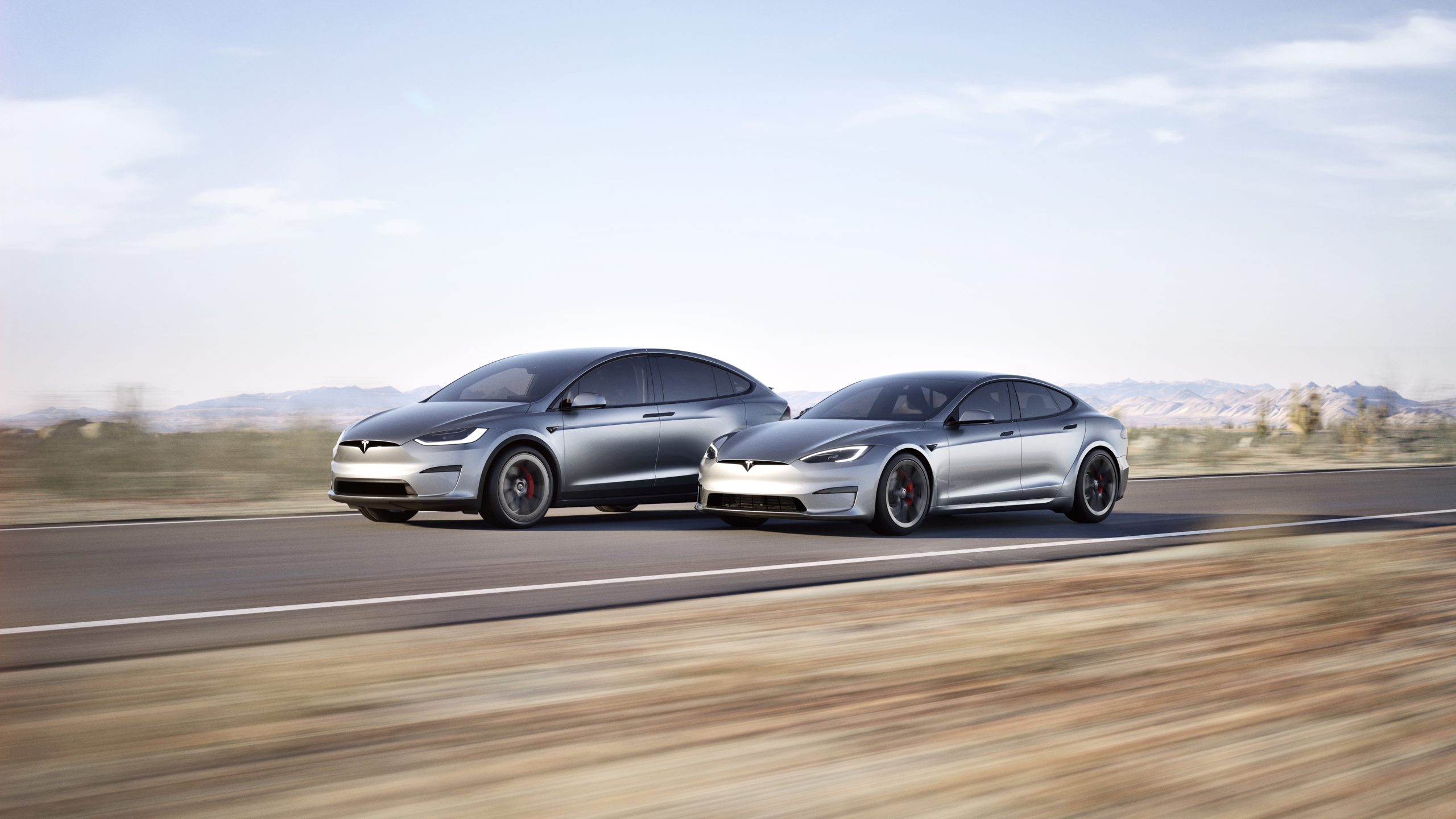
Tesla Model S and Model X customization options are beginning to thin for the first time as the closure of the two “sentimental” vehicles nears.
We are officially seeing the first options disappear as Tesla begins to work toward ending production of the two cars and the options that are available to those vehicles specifically.
Tesla’s Online Design Studio for both vehicles now shows the first color option to be listed as “Sold Out,” as Lunar Silver is officially no longer available for the Model S or Model X. This color is exclusive to these cars and not available on the Model S or Model X.
🚨 Tesla Model S and Model X availability is thinning, as Tesla has officially shown that the Lunar Silver color option on both vehicles is officially sold out
To be fair, Frost Blue is still available so no need to freak out pic.twitter.com/YnwsDbsFOv
— TESLARATI (@Teslarati) February 25, 2026
Tesla is making way for the Optimus humanoid robot project at the Fremont Factory, where the Model S and Model X are produced. The two cars are low-volume models and do not contribute more than a few percent to Tesla’s yearly delivery figures.
With CEO Elon Musk confirming that the Model S and Model X would officially be phased out at the end of the quarter, some of the options are being thinned out.
This is an expected move considering Tesla’s plans for the two vehicles, as it will make for an easier process of transitioning that portion of the Fremont plant to cater to Optimus manufacturing. Additionally, this is likely one of the least popular colors, and Tesla is choosing to only keep around what it is seeing routine demand for.
During the Q4 Earnings Call in January, Musk confirmed the end of the Model S and Model X:
“It is time to bring the Model S and Model X programs to an end with an honorable discharge. It is time to bring the S/X programs to an end. It’s part of our overall shift to an autonomous future.”
Fremont will now build one million Optimus units per year as production is ramped.








